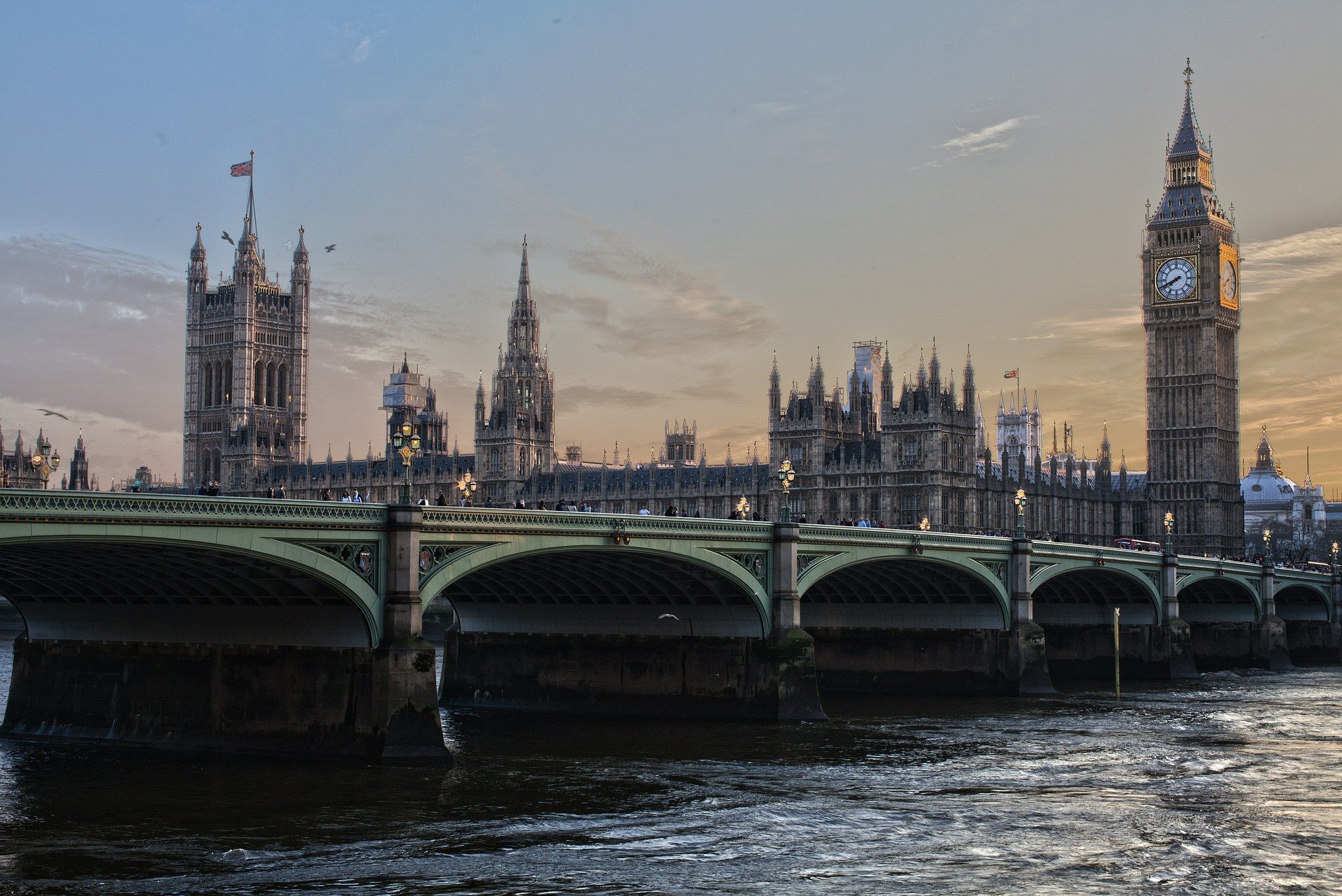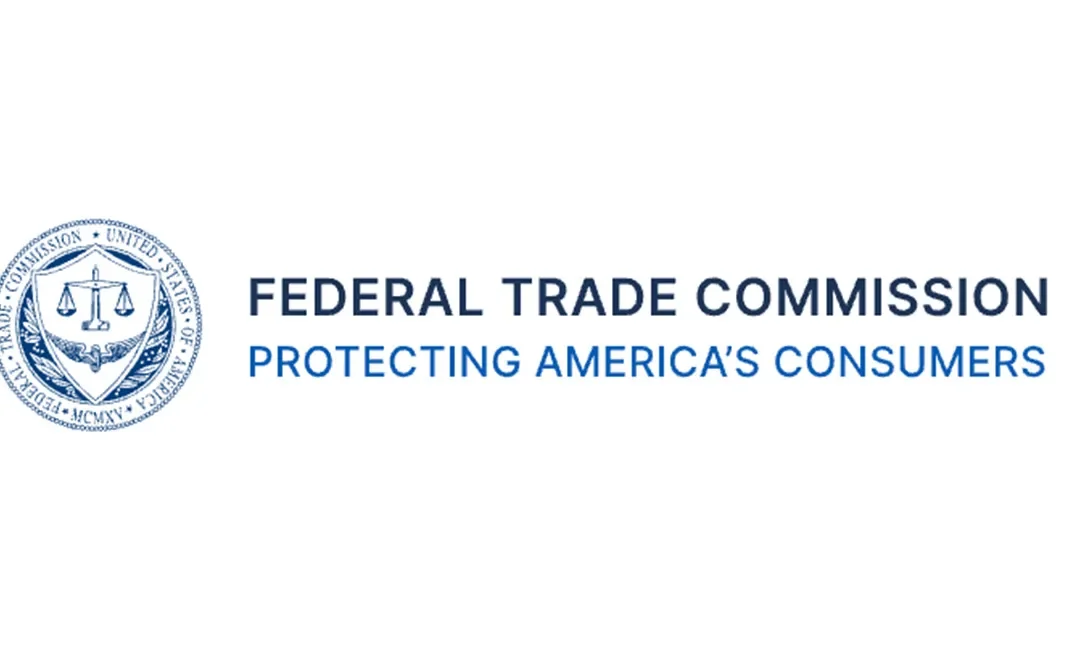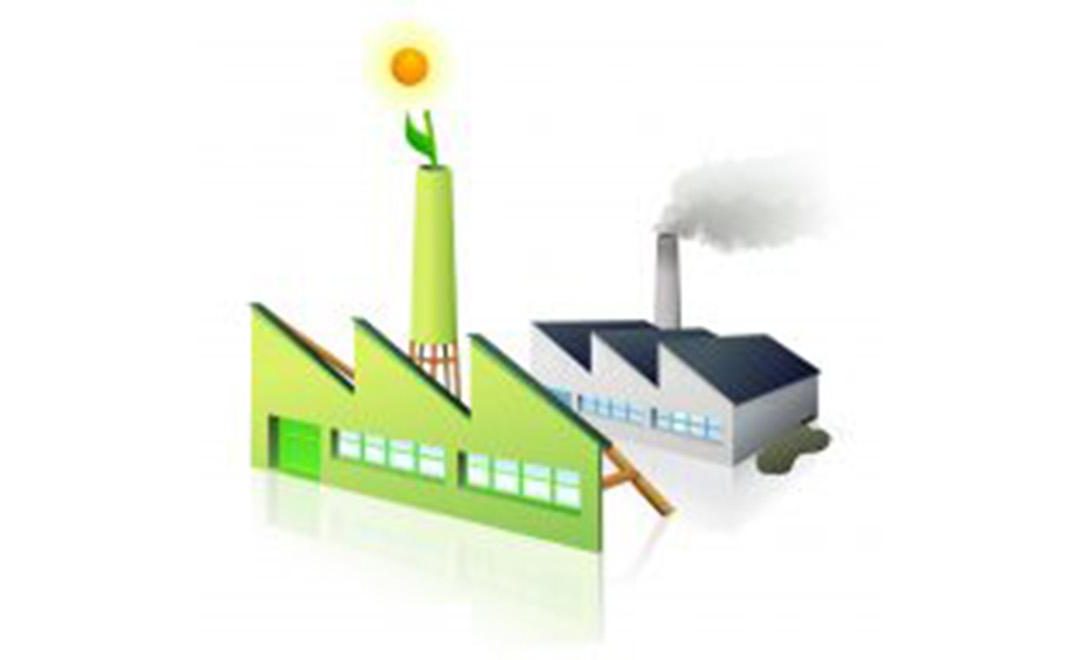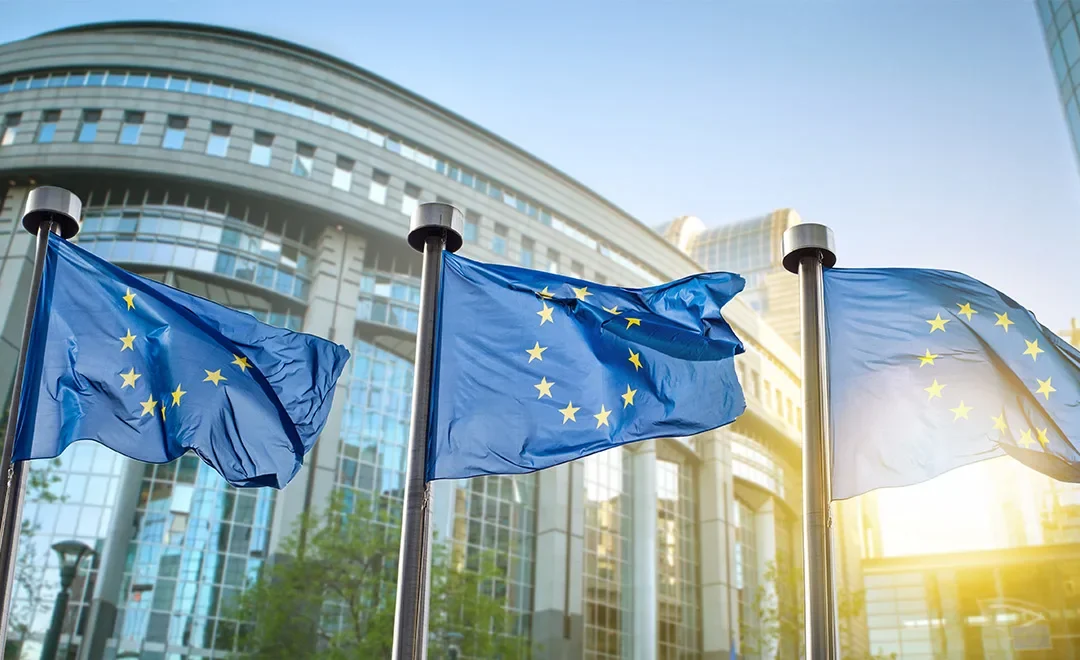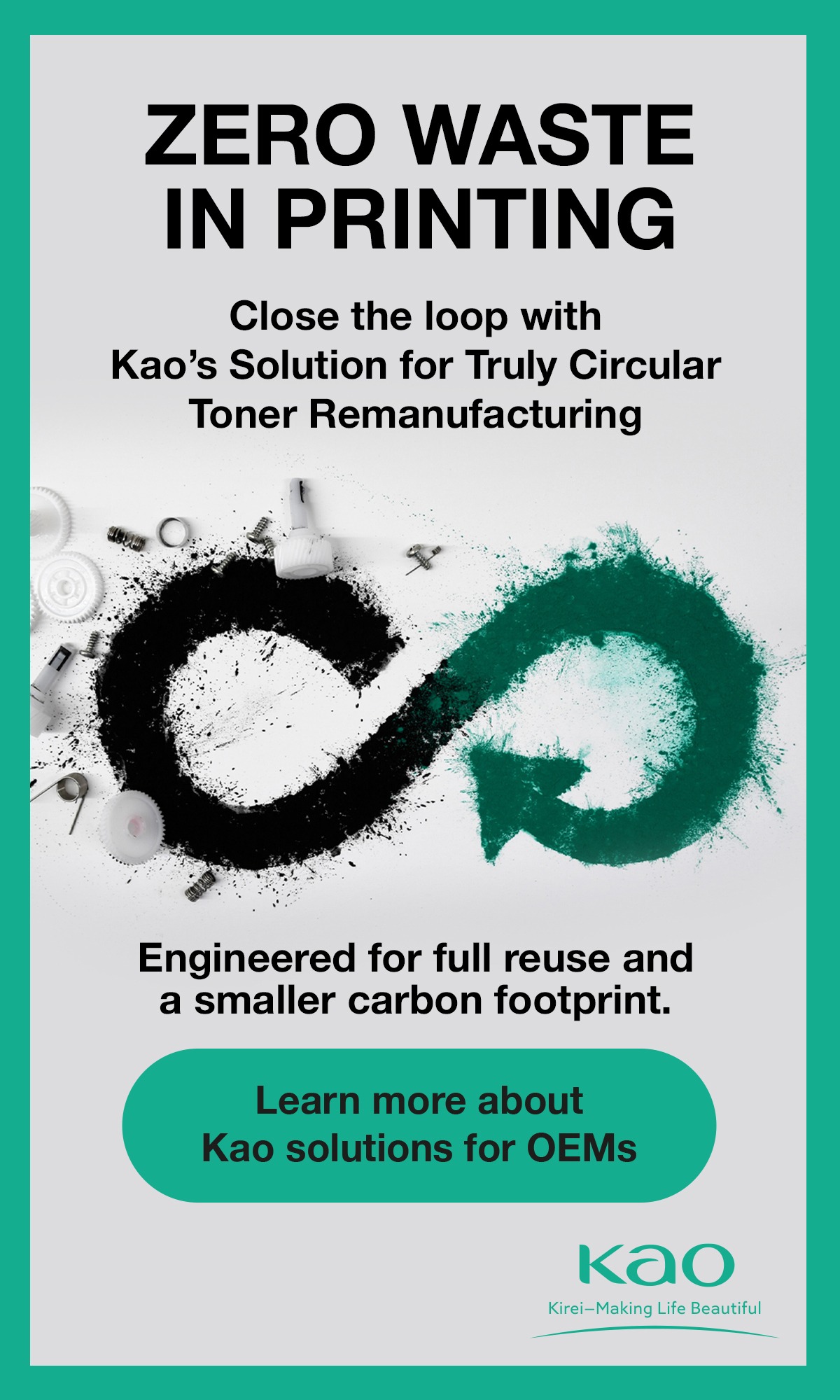 MPs, members of the environmental audit committee say Amazon and Apple “not playing their part” in tackling electronic waste and should do more to help collect, repair and ruse technology products.
MPs, members of the environmental audit committee say Amazon and Apple “not playing their part” in tackling electronic waste and should do more to help collect, repair and ruse technology products.
In 2017 155,000 tonnes of e-waste was thrown away in domestic bins and was either incinerated or landfilled, MPs heard.
An investigation by the environmental audit committee found the UK creates the second highest levels of electronic waste in the world. But MPs said the UK was not collecting and treating much of this waste properly.
“A lot of it goes to landfill, incineration or is dumped overseas. Under current laws producers and retailers of electronics are responsible for this waste, yet they are clearly not fulfilling that responsibility” MPs said.
One of the committee recommendations calls for online retailers and marketplaces like Amazon to have an equal obligation to collect electronic waste from customers and avoid a competitive advantage for online retailers when current regulations, coming into force from 2021, could unfairly disadvantage high street retailers.
The report recommends:
- The Government enshrine the right to repair in law, ensuring access to repair manuals, to affordable spare parts and the ability to repair products without repairers needing access to physical or software tools specifically designed to be a barrier to independent servicing or repair.
- A reduction in VAT on the repair of electrical and electronic products.
- All producers to be forced to collect products and pay for the recycling
- Establish long-term collection, reuse and recycling targets for e-waste
The cost of repairs was also raised in the report the committee cited the example of broken display on Apple’s iPhone 11 Pro Max, for example, where you can expect to pay £326 (€374 / $434) to get it fixed by the tech giant if it’s out of warranty. If the damage sustained by the iPhone comes under ‘other damage’ (faults not related to the display), the cost could rise to £596.44 (€667 / $795).
The consumer group Which? has highlighted how the cost of fixing Apple phones can sometimes be as costly as buying a new alternative smart phone.
Apple were unwilling to appear before the committee to discuss issues related to product obsolescence, and practices that might make repair more difficult. They did respond in writing to requests for evidence on their approach to sustainability and the challenges of repairing their products, but only after public pressure. The committee was “disappointed with the limited level of engagement with our inquiry.”
In evidence to the committee, HP Inc commented “in 2018, we manufactured over 4.2 billion HP ink and toner cartridges using 107,000 tonnes of recycled plastic. This kept 830 million cartridges, an estimated 4.37 billion post-consumer plastic bottles from landfill.”
Regarding the environmental and human health risk from e-waste? HP commented: “With 65 million printer cartridges sold each year in the UK alone, counterfeit and clone cartridges that do not meet environmental standards are big business. Original HP toner cartridges provide environmental advantages over imitation cartridges. By contrast, producers of counterfeit and clone cartridges fail to meet the same standards of quality, waste reduction and ability to repair, recycle and reuse.”
UK E-waste in numbers
- 32,000 – 209,000 tonnes of E-waste illegally exported from the UK to countries like Nigeria, Ghana and India.
- Using all the washing machines, smart-phones, laptops and vacuum cleaners in Europe. For just 1 year longer would save 4 million tonnes of CO2 per year. The equivalent of taking 2 million cars off the roads for a year.
- Each household has 20 -unused electronic items hoarded at home.
- There are enough unused cables in UK households to go around the world 5 times.
- 159,000 bikes, 12,000 playground swings, 5 million life-saving defibrillators could be made from the old laptops currently hoarded across the UK
Opinion: The publishing of the report ahead of the Christmas buying spree is timely and mirrors the recently published report by the European Parliament. The recommendations would start to swing away from the make it, use it, bin it and make it again tech sector in favour of a sustainable reuse culture and help create an ambitious, sustainable and green agenda.
You can read the full repot here.

